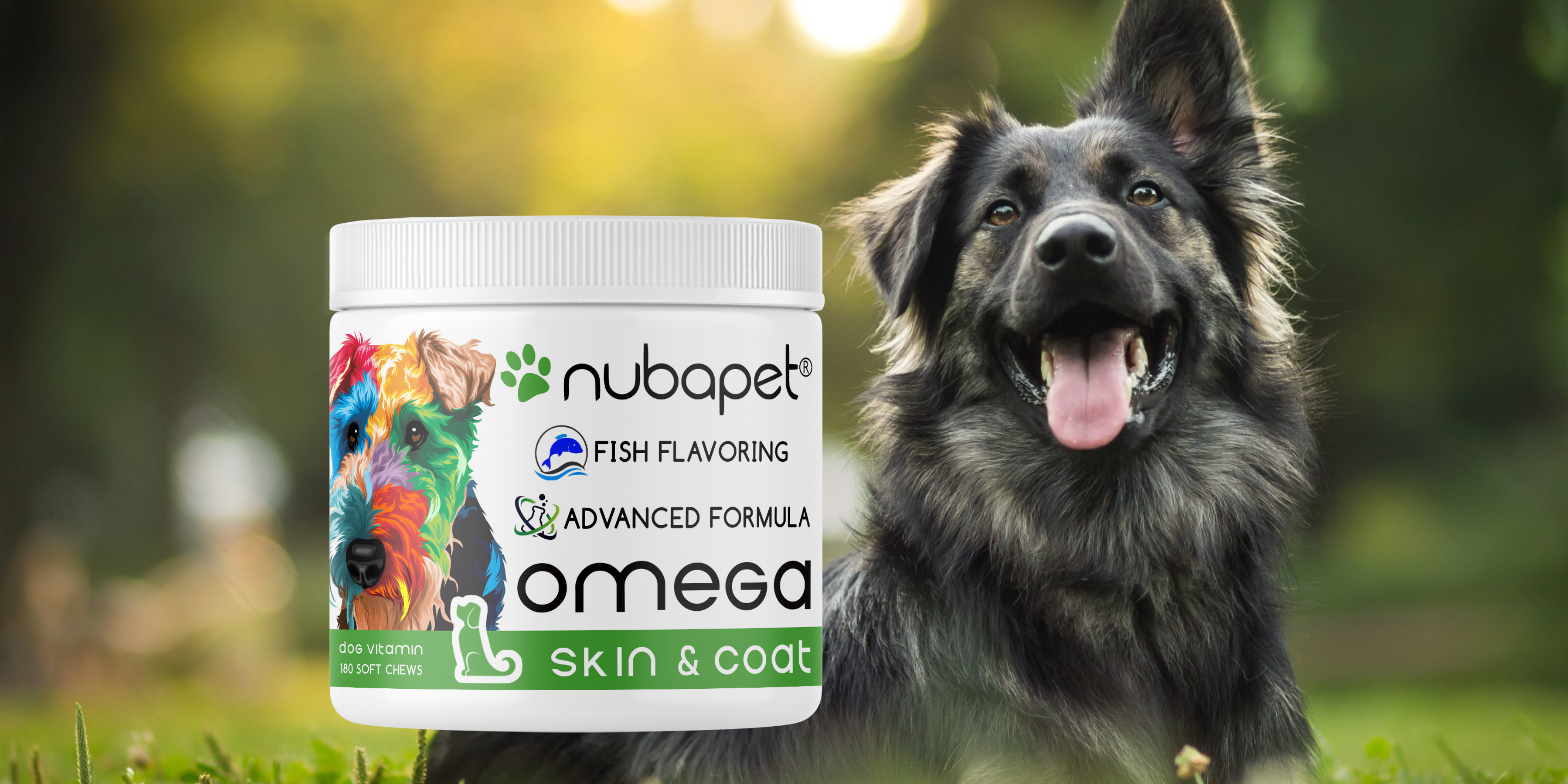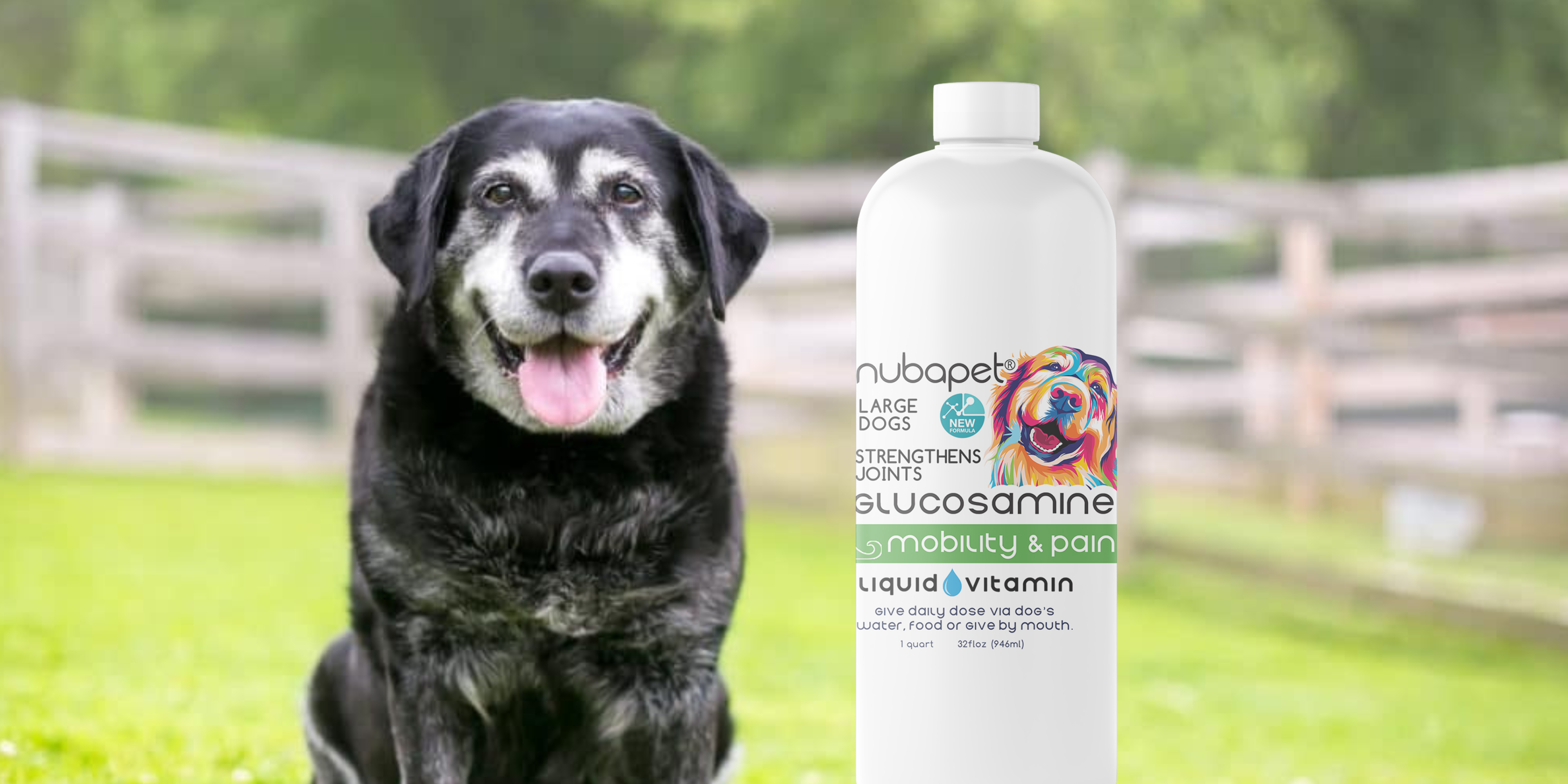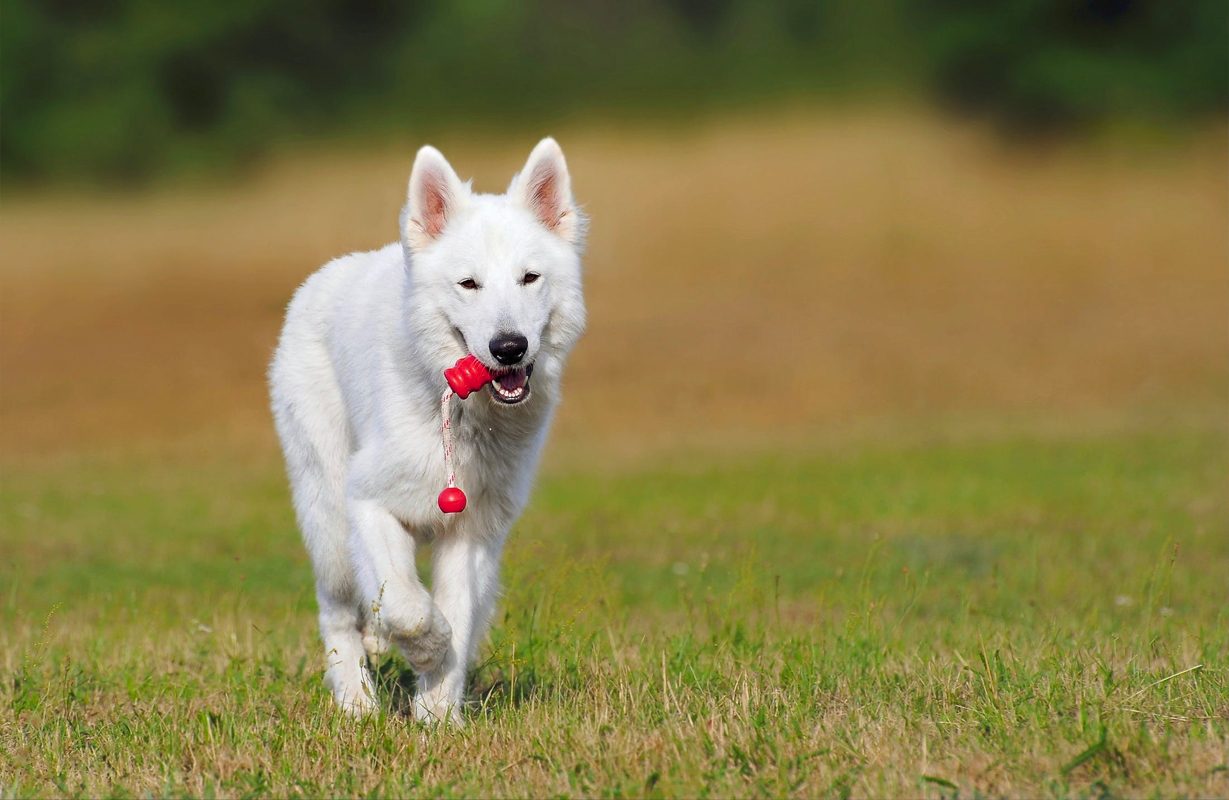4 Reasons to Make Sure Your Dog is Getting Enough Omega-3
Let’s just face this simple fact. We’re nuts for our dogs! And these days, more than ever, dog owners like you will do whatever it takes to keep them healthy and happy.
Omega-3 Is an Important Nutrient Not Only for Humans But for Dogs Too
nubapet’s interest starts with the nutrients dogs need. And that includes omega-3s EPA and DHA. If you’re wondering “can I give my dog omega-3 fish oil?” the answer is “yes! ABSOLUTELY!” Not only can you give your dog omega-3s, but you probably should. Because if your dog is anything like their human companions, they are probably falling short of this essential nutrient.
-
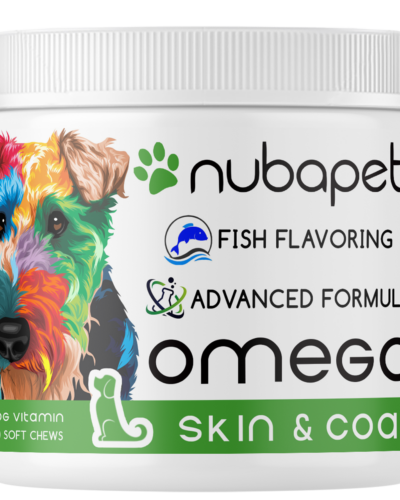 Omega3 Soft Chew Vitamin$29.99
Omega3 Soft Chew Vitamin$29.99 -
Sale Product on sale
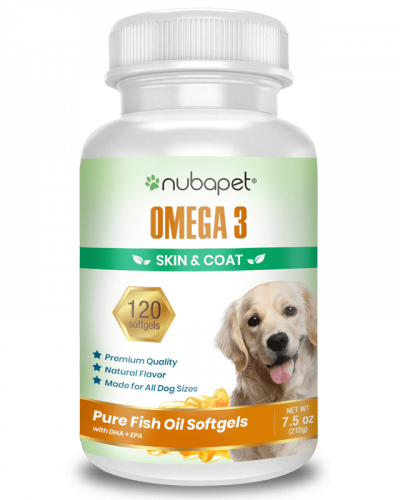 Omega 3 Softgels
Omega 3 Softgels$24.99Original price was: $24.99.$20.99Current price is: $20.99. / month
Four Reasons to Consider Omega-3s for Your Dog
- Heart Health. Chronic, high inflammation is associated with heart disease and omega-3s are known to reduce inflammation. It’s the EPA in omega-3s that are generally viewed as the inflammation warriors and are worth considering as one tool in the toolbox of preventing and maintaining a healthy heart for your canine.
- Brain Health. This is where the DHA in omega-3s takes the lead. DHA helps developmental growth of the brain and helps prevent deterioration as your dog grows older. By all means use those brain twister toys for Fido and Fifi, but don’t discount the virtues of DHA for cognition.
- Joint Health. If you’re noticing that your dog is a little slow, a little stiff, when they get up from a nap or work their way off the couch, omega-3s—and omega-6s—may help. It’s back to the role these nutrients play in reducing inflammation (which causes swelling and pain). And if your dog has arthritis, ask your vet how omega-3s can help.
- Skin and Fur Health. Who doesn’t want their dog to look good? But it’s not just about looking good. If your dog’s skin is supple and their coat is shiny, those are indicators of good health. Omega-3 fatty acids help moisturize your dog’s skin, which in turn may help reduce shedding, prevent dandruff and lessen itchiness.
The most efficient way to raise your dog’s Omega-3 Index is to incorporate more omega-3 EPA and DHA from fish, fortified dog food, or supplements into their diet. Omega-3 fatty acids from flaxseed oil (alpha-linolenic acid, or ALA) will have little to no effect on the Omega-3 Index and is not a substitute for EPA and DHA. It will take 3-4 months for your dog to reach their new omega-3 level and we recommend re-testing at that time. Once your dog has achieved a desirable Omega-3 Index, it is advised you re-check their values every 6-12 months.
Popular Post
Glucosamine To The Rescue For
5 Surprising Health Benefits –
4 Reasons to Make Sure
Archives
Email for newsletter
- FAQs (coming soon)
- Puptalk
- Careers (coming soon)
- Privacy Policy
- Refund Policy
- Shipping Policy
- Terms Of Service





